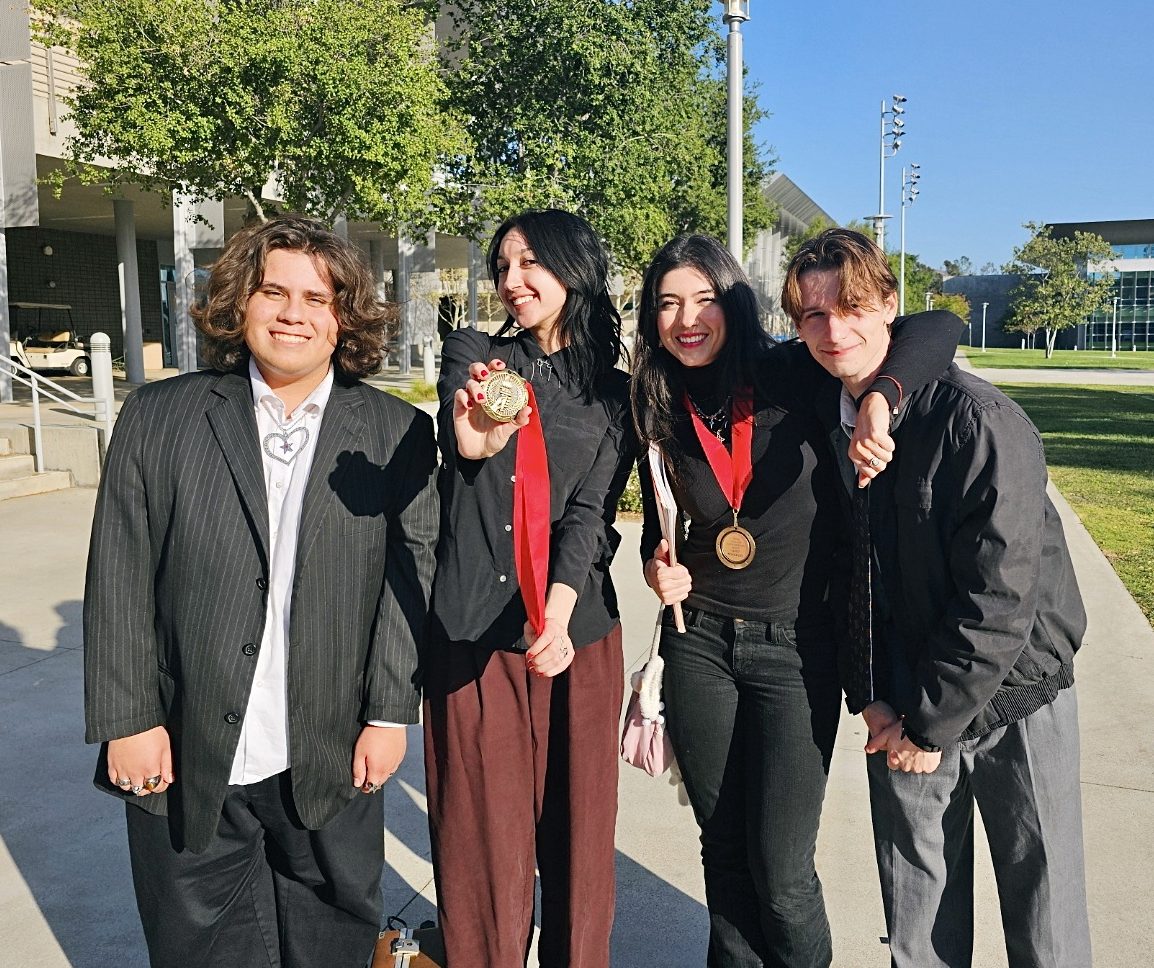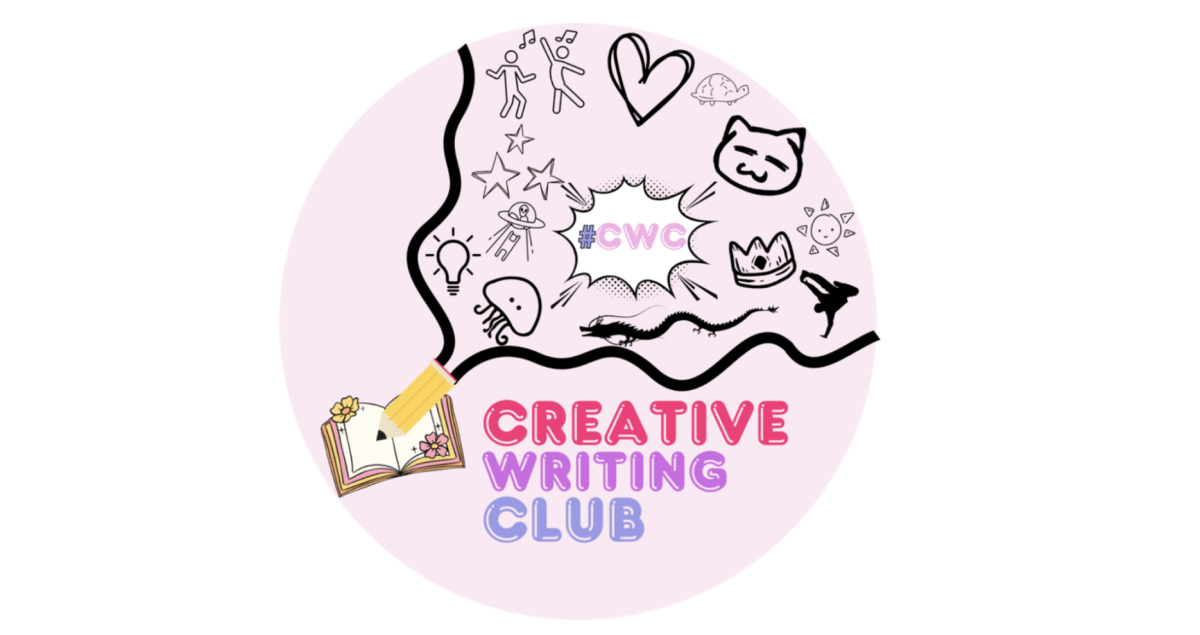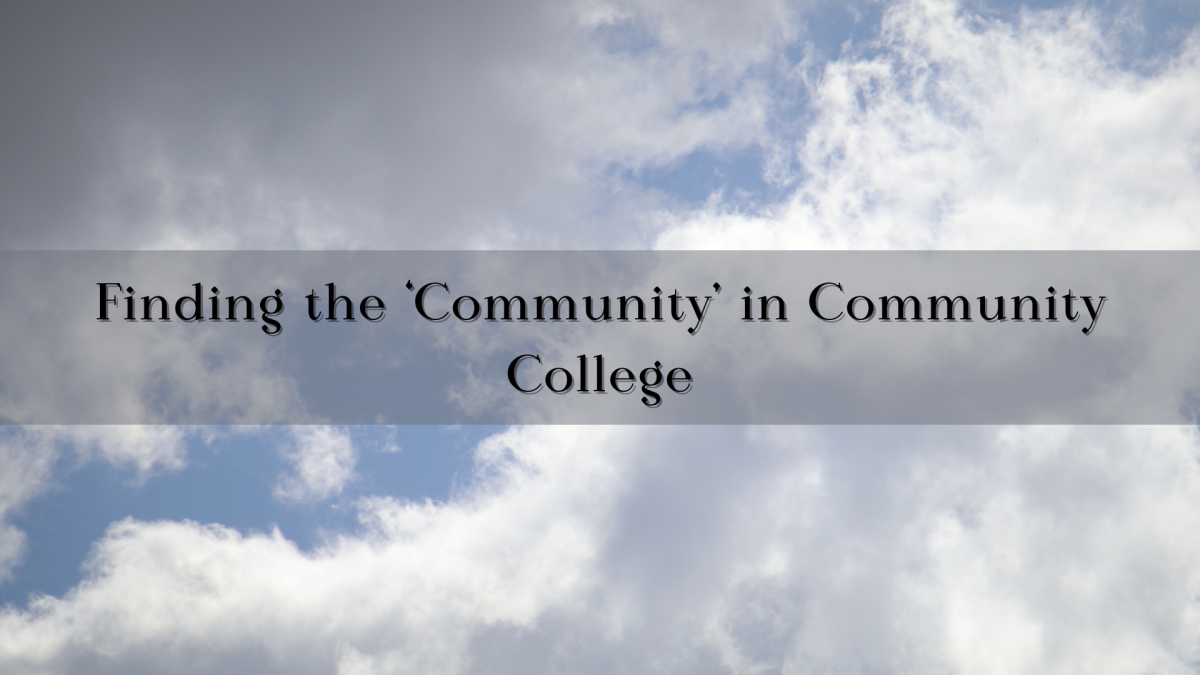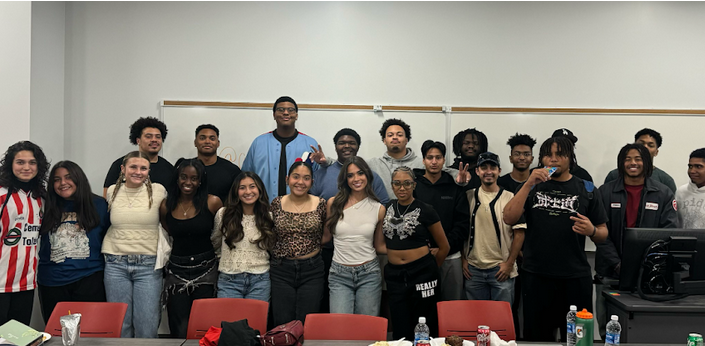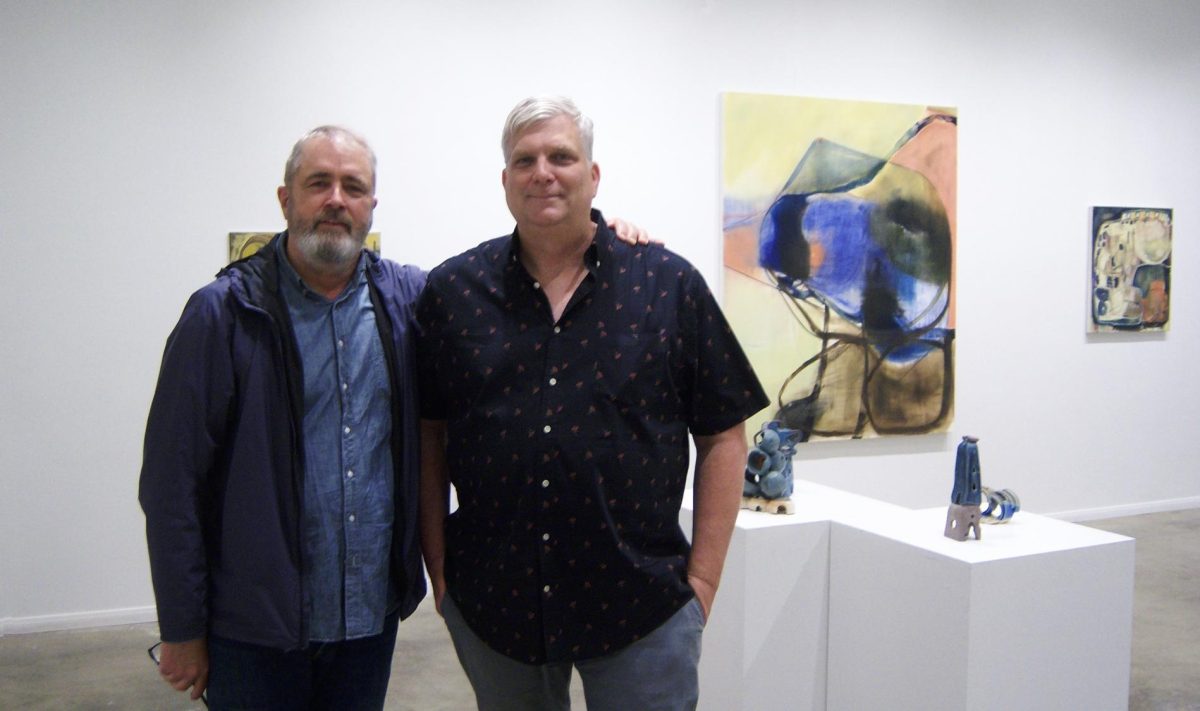To win a collegiate debate, one needs to exhibit more than a sound argument and effective rhetoric. Debaters must be great speakers, have a strong presence, and adhere to a particular structure. Our MSJC forensics team has successfully immersed themselves in the world of debate and finished the season with their best performance yet, claiming first place. MSJC was represented by Matthew Sanders and Diego Trejo as one pairing and Bianca Valdivia and Scarlett Coit as the other.
Though the two pairings debated independently against other schools, preparing for the round was a collective team effort. Together, the debaters had forty minutes to fully research and structure both sides of a resolution. After these forty minutes, they went to two back-to-back rounds before breaking to finals. For the first two rounds, debaters had to argue for and against this statement: “When in conflict, pacifism is preferred over war.” The next resolution was “The US Federal Government should significantly reduce visa limitations for high skilled foreign workers.” Debaters needed to win at least three out of their four rounds to break into the finals. Bianca Valdivia and Scarlett Coit won the final round, and the resolution was “The Affordable Care Act has done more harm than good,” and they argued against this statement.
Collegiate debate can sharpen critical thinking skills, improve public speaking ability, and foster intellectual growth. Matthew Sanders, co-captain of the MSJC debate team for the past two semesters, said, “Being in debate has helped me think critically and think critically faster. Being able to think critically faster has helped me in every other part of my schoolwork.” Debater Diego Trejo added, “Professor Baney has created a really welcoming environment, and I would encourage everyone and anyone to join.”
The style of debate in which our Eagles participated this season is called NPDA, which is 2v2. Our MSJC coaches can also train debaters in IPDA, which is 1v1. There is also the LD style, which is 1v1 but highly prepped, with debaters receiving the resolution months in advance. Collegiate debate offers various formats where people can find their niche, challenge themselves, and hone their skills.If you’re interested in attending a practice or joining the debate team this fall, contact Professor Baney at jbaney@msjc.edu.


